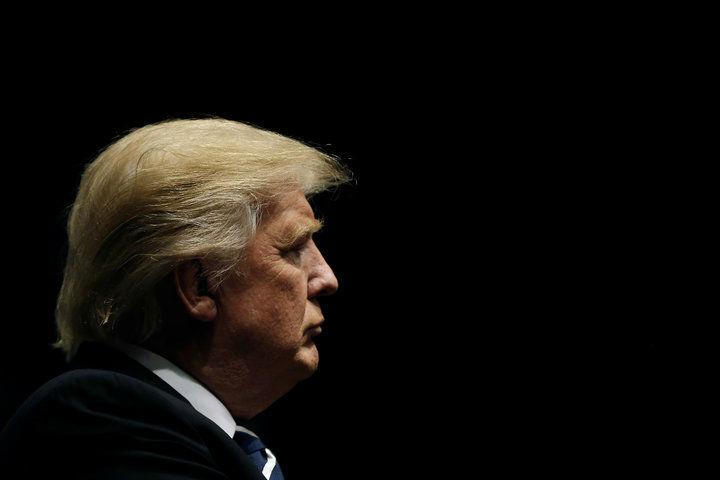Donald Trump's 'flirtation with torture' undermines human rights warns UN official
Mr Trump has frequently said he sees nothing wrong with waterboarding

Your support helps us to tell the story
From reproductive rights to climate change to Big Tech, The Independent is on the ground when the story is developing. Whether it's investigating the financials of Elon Musk's pro-Trump PAC or producing our latest documentary, 'The A Word', which shines a light on the American women fighting for reproductive rights, we know how important it is to parse out the facts from the messaging.
At such a critical moment in US history, we need reporters on the ground. Your donation allows us to keep sending journalists to speak to both sides of the story.
The Independent is trusted by Americans across the entire political spectrum. And unlike many other quality news outlets, we choose not to lock Americans out of our reporting and analysis with paywalls. We believe quality journalism should be available to everyone, paid for by those who can afford it.
Your support makes all the difference.The most senior UN human rights official has accused Donald Trump of a “flirtation with torture” - something that could lead to an increase in its use around the world.
Zeid Ra’ad al-Hussein, UN High Commissioner for Human Rights, said Mr Trump had repeatedly suggested he wanted to bring back the use of torture, even though his own officials had warned him against doing so.
“If other leaders start to follow the same rhetorical course, undermining the [UN Convention against Torture] with their words, the practice of torture is likely to broaden, and that would be fatal,” he said during a speech in London, according to Reuters.
“The Convention would be scuttled, and a central load-bearing pillar of international law removed.”
Mr Hussein also criticised UK Prime Minister Theresa May for threatening to change human rights laws if they got in the way of security operations, saying her words would give heart to authoritarian governments.
Mr Trump said earlier this year he thought that waterboarding - a form of simulated drowning that was outlawed once Barack Obama became president - worked as an intelligence-gathering tool. He also said he relied on advice Defence Secretary Jim Mattis, who disagreed with him about the technique’s usefulness and legality.
“He has stated publicly that he does not necessarily believe in torture or waterboarding, or however you want to define it…I don’t necessarily agree,” said Mr Trump. “But I would tell you that he will override because I’m giving him that power. He’s an expert.”
Mr Hussein said he was worried by Mr Trump’s “persistent flirtation” with a return to torture. There was little immediate danger of the United States following such a course as things stood, but that could change if there was an attack on US soil.
“Mindful of how the American public has, over the last ten years, become far more accepting of torture, the balance could be tipped in favour of its practice,” he said.
After a series of terror attacks in the UK, Ms May told The Sun newspaper: “If human rights laws get in the way of doing these things, we will change those laws to make sure we can do them.”
Mr Hussein said Ms May’s remarks undoubtedly reflected real anger but also seemed “intended to strike a chord with a certain sector of the electorate and it is this expectation that truly worries me”.
“Whatever the intention behind her remarks, they were highly regrettable, a gift from a major Western leader to every authoritarian figure around the world who shamelessly violates human rights under the pretext of fighting terrorism,” he said.
Mr Hussein also criticised Philippine President Rodrigo Duterte's rights record. Police say almost 9,000 people, many small-time drug users and dealers, have been killed since he took office.
“The president of the Philippines has spoken openly about extra-judicial killings. And the president of the United States of America has said that torture could be necessary in certain circumstances. There is no longer any pretence. They are breaking long-held taboos,” he said.
“The dangers to the entire system of international law are therefore very real.”
Join our commenting forum
Join thought-provoking conversations, follow other Independent readers and see their replies
Comments